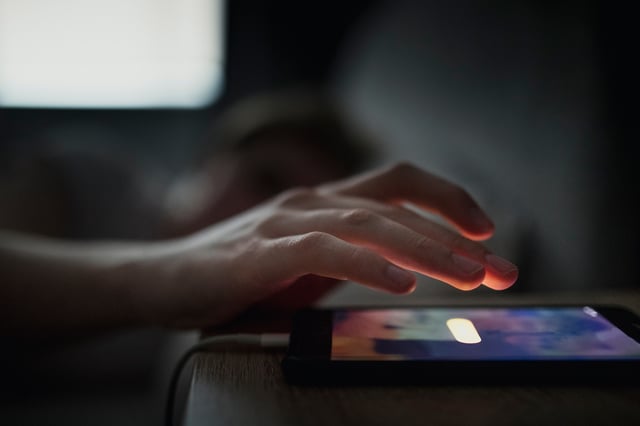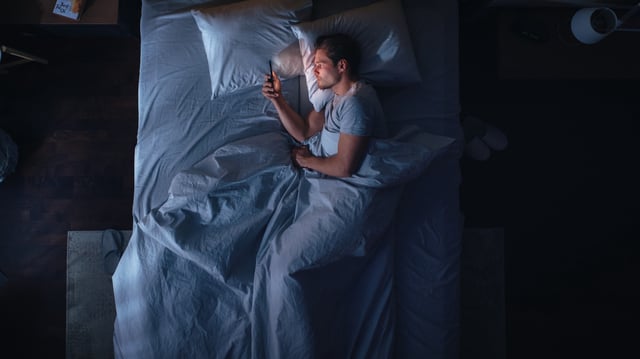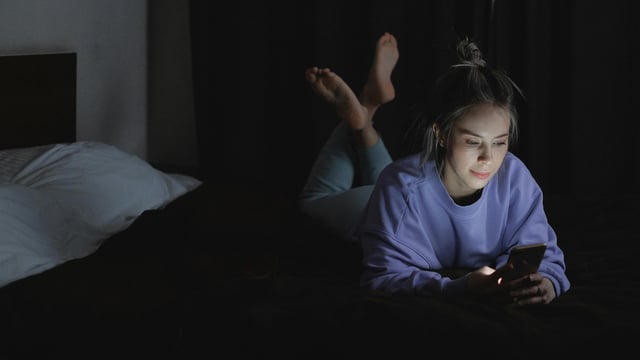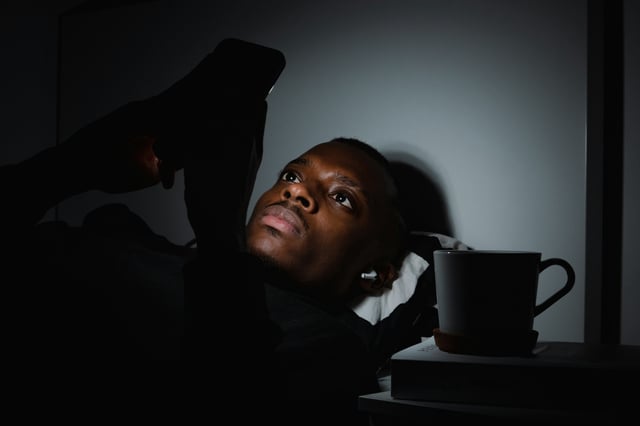Overview
- A study of 45,000 Norwegian university students found that one hour of screen use in bed increases insomnia risk by 59% and reduces sleep duration by an average of 24 minutes.
- The type of screen activity, such as social media, gaming, or watching videos, does not significantly influence sleep disruption; total screen time is the primary factor.
- Researchers identified time displacement—screen use replacing rest—as the main mechanism behind reduced sleep quality and duration.
- Practical recommendations include reducing screen use at least 30–60 minutes before sleep and disabling notifications to minimize disruptions.
- While the study underscores the impact of screen use on sleep, it cannot establish causality and calls for further research into physiological mechanisms and broader implications.



